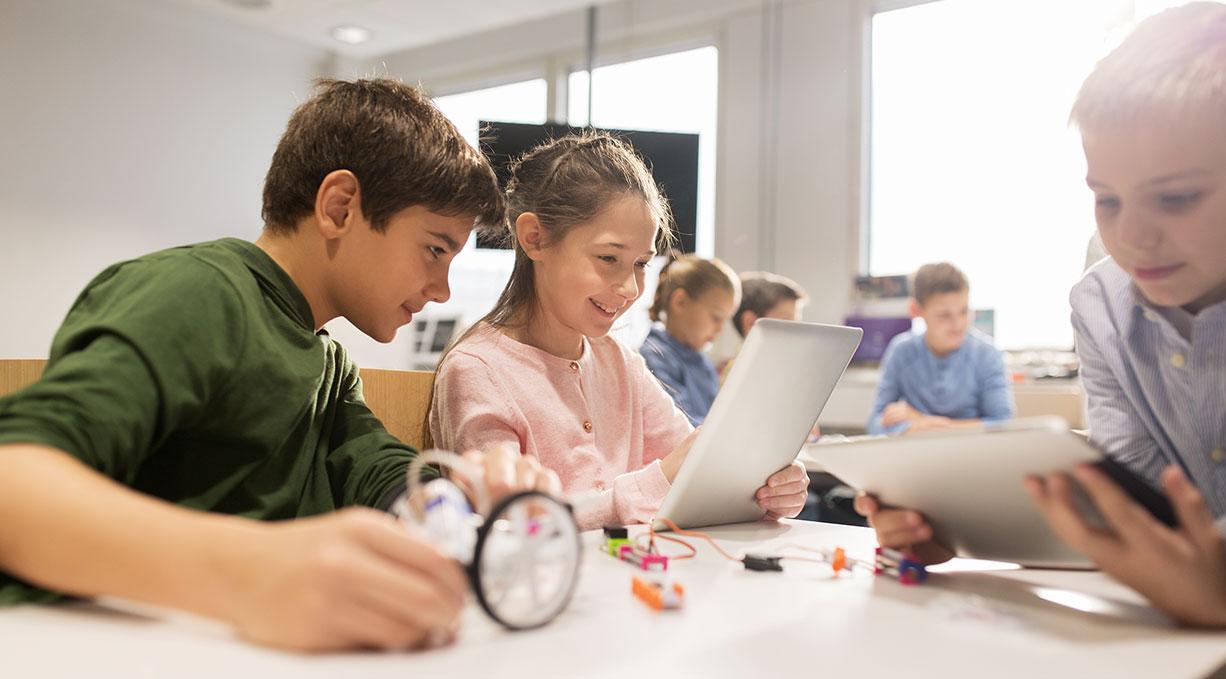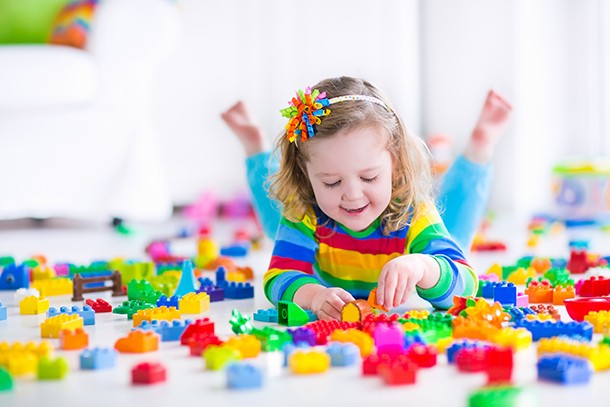Boosting Academic Performance Through Gender-Neutral Parenting
Enhance academic performance through gender-neutral parenting by challenging traditional stereotypes and fostering an inclusive environment. By encouraging creativity and critical thinking skills, children develop greater problem-solving abilities. Breaking gender norms in education opens up opportunities and promotes inclusivity. Nurturing diverse hobbies boosts cognitive functions and confidence. Embrace equal access to learning resources for academic success. Inclusive communication and support enhance educational outcomes. Collaboration and empowerment regardless of gender lead to a more positive learning experience. Celebrating achievements and tracking progress further motivates academic growth. Learn how gender-neutral parenting promotes diverse interests and breaks biases for best academic performance.
Key Takeaways
- Encouraging diverse interests enhances cognitive abilities and problem-solving skills.
- Inclusive communication nurtures academic success and understanding individual needs.
- Providing safe spaces for expression promotes self-worth and emotional regulation.
- Challenging biases in education ensures fairness and equal opportunities.
- Monitoring progress and celebrating achievements boosts self-esteem and motivation.
Understanding Gender-Neutral Parenting

Gender-neutral parenting involves raising children without imposing stereotypical gender expectations or roles, aiming to foster a more inclusive and diverse environment for their development. Parental influence plays a crucial role in shaping a child’s understanding of gender norms and behaviors. By consciously avoiding gender stereotypes in their interactions and choices, parents can help children develop a more open-minded perspective towards gender roles.
Societal norms often perpetuate traditional gender expectations, which can limit a child’s potential and self-expression. Gender-neutral parenting challenges these norms by encouraging children to explore a wide range of interests and activities regardless of their gender. This approach can have a significant educational impact by promoting creativity, critical thinking, and problem-solving skills.
Research suggests that children raised in gender-neutral environments tend to exhibit greater flexibility in their thinking and behavior, leading to long-term benefits such as increased academic performance and improved social relationships. By embracing gender neutrality, parents can create a supportive and empowering environment that allows their children to thrive academically and personally.
Breaking Gender Stereotypes in Education

You can challenge gendered expectations in education by encouraging diverse learning opportunities for all students.
By breaking away from traditional gender stereotypes, you open up a world of possibilities where individuals can explore their interests without limitations based on societal norms.
This approach promotes inclusivity and helps create a more equitable educational environment for everyone.
Challenging Gendered Expectations
Addressing and dismantling ingrained gender stereotypes in education is essential for fostering equal opportunities and academic success. Gendered expectations can have a significant impact on academic performance, with societal norms often steering individuals towards certain subjects or career paths based on their gender.
Parental influence plays a pivotal role in reinforcing or challenging these stereotypes. Research indicates that parents’ attitudes towards education, career choices, and abilities based on gender can heavily influence their children’s beliefs and actions in academic settings.
Studies have shown that when parents actively challenge gendered expectations by encouraging their children to explore a wide range of subjects and interests, students are more likely to excel academically. By promoting an environment where all fields of study are valued equally regardless of gender, parents can help their children develop a more expansive view of their capabilities and potential.
This approach can lead to improved academic performance and increased opportunities for success in the future.
Encouraging Diverse Learning Opportunities
Breaking away from traditional gender stereotypes in education necessitates a shift towards encouraging diverse learning opportunities that foster inclusivity and equal access for all students. By embracing diverse teaching styles and creating an inclusive classroom environment, educators can break stereotypes and provide equal learning opportunities to students of all genders.
Research has shown that when students are exposed to a variety of teaching methods that cater to different learning styles, they’re more engaged, motivated, and successful in their academic pursuits.
Inclusive teaching practices not only benefit students academically but also promote a sense of belonging and acceptance in the classroom. When educators challenge gender norms and provide equal opportunities for participation and achievement, students are more likely to thrive and reach their full potential.
Encouraging Diverse Interests and Hobbies

How can parents cultivate a wide range of interests and hobbies in their children to enhance their academic performance? Encouraging creative exploration and providing diverse experiences are key strategies.
Research shows that children who engage in a variety of hobbies and interests often exhibit improved cognitive abilities, problem-solving skills, and academic performance.
By encouraging creative exploration, parents can help children discover their passions and develop critical thinking skills. Engaging in activities such as painting, music, or writing can stimulate different areas of the brain, fostering creativity and enhancing academic abilities.
Introducing children to diverse experiences outside of their comfort zone is equally important. Exposing them to different cultures, languages, or sports can broaden their perspectives and encourage adaptability.
This exposure to new experiences can boost their confidence, social skills, and overall academic performance.
Nurturing Equal Opportunities for Learning
To ensure equal opportunities for learning, parents can foster an environment that promotes inclusivity and provides access to a diverse range of educational resources and experiences for their children. Creating inclusive environments is vital in supporting diverse learning styles and fostering equality in education.
Research suggests that exposing children to various educational opportunities can enhance their academic success by catering to their individual strengths and preferences. Encouraging children to explore different subjects, hobbies, and extracurricular activities can help them discover their interests and talents.
Parents can play an important role in nurturing equal opportunities for learning by actively engaging with their children’s education, advocating for inclusive practices in schools, and providing support tailored to their child’s unique needs. By promoting a culture of respect for diverse learning styles and interests, parents can empower their children to thrive academically and develop a lifelong love for learning.
Essentially, fostering equality in education starts at home, where parents lay the foundation for their children’s educational journey.
Fostering Inclusive Communication and Support
To enhance academic performance through gender-neutral parenting, fostering inclusive communication and support is essential.
Opening gender dialogues within the family can lead to a better understanding of individual needs and challenges.
Encouraging equal participation and providing safe spaces for expression can create a supportive environment that nurtures academic success.
Open Gender Dialogues
Engaging in open gender dialogues within the family setting is essential for fostering inclusive communication and support. By creating an environment where gender-neutral education is encouraged, individuals are more likely to develop a deeper understanding of diverse perspectives.
Vital dialogues play a significant role in breaking barriers that may hinder effective communication and support within the family unit. Research suggests that families that engage in conversations about gender equality and inclusivity tend to raise children who are more empathetic, open-minded, and supportive of others.
Inclusive environments that promote open gender dialogues provide individuals with the opportunity to express themselves freely without fear of judgment or discrimination. These dialogues help challenge traditional gender norms and stereotypes, allowing individuals to explore their identities in a safe and supportive space.
Encouraging Equal Participation
Encouraging equal participation in gender-neutral parenting practices fosters inclusive communication and support within the family dynamic. By promoting collaboration and empowering students equally, parents create an environment where children feel valued and heard regardless of their gender. Research indicates that when children are encouraged to participate equally in all activities, they develop a sense of belonging and confidence that enhances their overall well-being.
Furthermore, fostering creativity and supporting inclusion through gender-neutral parenting practices allows children to explore a wide range of interests without feeling limited by traditional gender roles. This approach not only benefits individual children but also contributes to breaking down societal stereotypes and promoting a more inclusive society.
Providing Safe Spaces
Creating a safe and inclusive environment through gender-neutral parenting practices nurtures open communication and supportive relationships within the family structure. Providing safe spaces involves creating inclusive environments where individuals feel respected, valued, and free to express themselves authentically. Research shows that when children grow up in an environment that supports individuality and diversity, they’re more likely to develop a strong sense of self-worth and confidence in their abilities.
Supporting individuality and diversity within the family dynamics fosters a sense of belonging and acceptance. By encouraging open communication and embracing differences without judgment, parents can help their children feel safe to explore their identities and interests. Studies indicate that children raised in such environments tend to have higher self-esteem and better emotional regulation skills.
Challenging Biases in Academic Settings
Bias in academic settings can greatly impact students’ performance and overall educational experience. Overcoming biases and promoting equality within these settings is vital for creating an environment where all students can thrive.
Research has shown that biases based on gender, race, or socioeconomic status can lead to unequal treatment, lower expectations, and limited opportunities for certain groups of students.
To challenge biases in academic settings, it’s essential to implement strategies that promote fairness and inclusivity. This can include providing diversity training for educators, implementing policies that address discrimination, and creating a curriculum that reflects the diverse backgrounds of students.
Additionally, fostering open discussions about biases and their impact on academic performance can help raise awareness and encourage positive change.
Promoting Self-Expression and Confidence

Promoting self-expression and confidence among students is essential for fostering a positive academic environment that encourages individuality and personal growth. Creative expression allows students to explore their unique perspectives, leading to a deeper understanding of themselves and the world around them.
Research has shown that when students are free to express themselves creatively, they’re more engaged in their learning process and develop critical thinking skills. Building confidence goes hand in hand with creative expression, as students gain a sense of accomplishment and pride in their work.
Encouraging students to express themselves through various forms of art, writing, or other creative outlets not only enhances their academic performance but also boosts their overall well-being. When students feel confident in their abilities to communicate their ideas effectively, they’re more likely to participate actively in classroom discussions and collaborate with their peers.
Monitoring Progress and Celebrating Achievements
Encouraging students to regularly track their progress and celebrating their achievements fosters a culture of accountability and motivation within the academic setting. Setting goals and tracking progress allows students to have a clear understanding of their academic development. Research shows that students who actively monitor their progress are more likely to stay focused and motivated to achieve their desired outcomes.
Recognizing achievements and celebrating success play an important role in boosting students’ self-esteem and confidence. When students receive acknowledgment for their accomplishments, it reinforces their belief in their abilities and encourages them to aim for further success. Studies indicate that celebrating achievements can lead to increased levels of happiness and satisfaction, which, in turn, positively impact academic performance.
Incorporating regular progress checks and celebrations of achievements into a student’s academic journey not only enhances their overall learning experience but also instills valuable skills such as perseverance and resilience. By creating a supportive environment that values progress and success, parents and educators can greatly contribute to a student’s academic growth and development.
Frequently Asked Questions
Can Gender-Neutral Parenting Help Improve Overall Academic Performance?
Gender-neutral parenting challenges stereotypes, impacting academic success. By avoiding gender-specific expectations, children can excel academically. Parental roles play a significant part in fostering a supportive environment, positively influencing overall academic achievement.
How Can Parents Navigate Societal Pressures While Raising Children Gender-Neutrally?
You can navigate societal pressures by educating yourself about gender norms, staying true to your beliefs, and seeking support from like-minded communities. Overcoming challenges requires resilience and confidence in your parenting choices.
What Impact Does Breaking Gender Stereotypes in Education Have on Academic Success?
Breaking gender stereotypes in education positively impacts academic success by creating a more inclusive and equitable learning environment. Parental influence plays an essential role in challenging biases, leading to improved educational outcomes for all students.
Are There Specific Strategies to Encourage Diverse Interests and Hobbies in Children?
To encourage diverse interests in your child, fostering creativity is key. Embrace their individuality by promoting inclusivity. Encouraging exploration of various hobbies can lead to a well-rounded development and a deeper understanding of the world around them.
How Can Parents Ensure Equal Opportunities for Learning in a Gender-Neutral Environment?
To promote equal opportunities for learning in a gender-neutral environment, you must champion equality by encouraging exploration of diverse subjects and activities. Embrace open conversations, provide access to varied resources, and challenge stereotypes to foster inclusive learning experiences.
Conclusion
To summarize, gender-neutral parenting can have a profound impact on academic performance by breaking down traditional gender stereotypes, fostering inclusive learning environments, and promoting self-expression and confidence.
By encouraging diverse interests, challenging biases, and providing equal opportunities, parents can help their children thrive academically.
It’s important to monitor progress, celebrate achievements, and continue to support a gender-neutral approach to parenting in order to create a more equitable and successful educational experience for all children.

Chad Adan Kace, a young dad from Vermont, shares his parenting journey with a touch of humor and lots of love. Father to a lively baby, he explores the joys and challenges of fatherhood through his stories.







